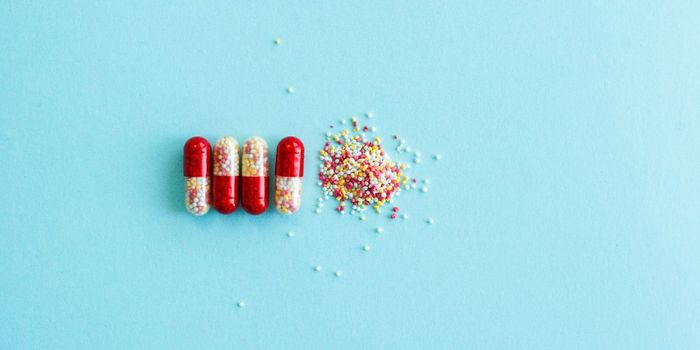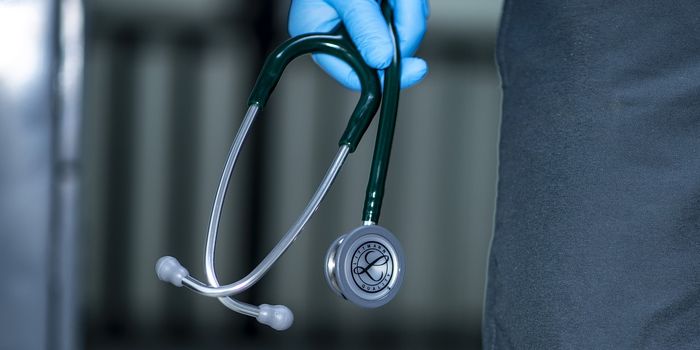Drug For A Severe E. Coli Infection
Escherichia coli, known as E. coli, is a popular bacterium associated with food poisoning and depending on the strain can cause enterohemorrhagic E. coli (EHEC).
EHEC is a severe infection that affects the brain and kidneys via the release of Shiga toxins. To combat the infection, researchers discovered a new molecular pathway that can be the basis of a therapeutic. The study comes especially critical as there are no commercially available treatments for the infection.
"Antibiotic treatment of these infections is generally not recommended because antibiotics stimulate production of the Shiga toxin, leading to an increased risk of kidney failure, neurological damage, and death," says Dr. Jai Tree, the study's senior author.
Learn more about E. coli:
Findings were published this week in the Proceedings of the National Academy of Sciences.
"The new pathway that we have found reduces toxin production and is not expected to be stimulated by antibiotic treatment. So, our results identify a potential new target for the development of drugs that can suppress Shiga toxin production during EHEC infection.
"It's still early days, however, and we need to conduct a lot more research to understand if our findings apply to a broad range of clinical EHEC isolates and to both types of Shiga toxins produced by human EHEC isolates."
Source: Science Daily








